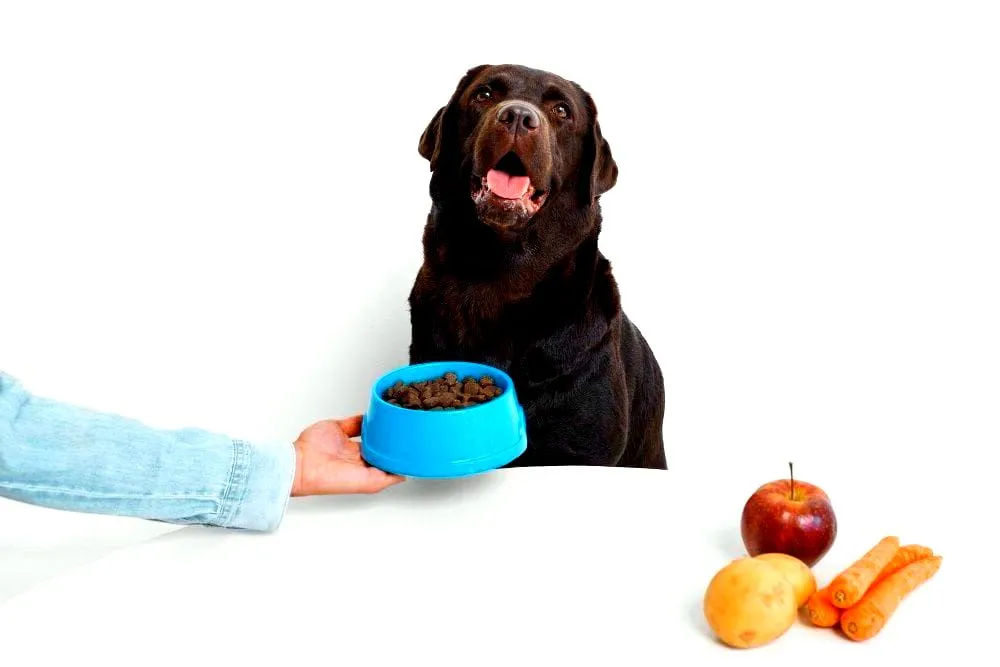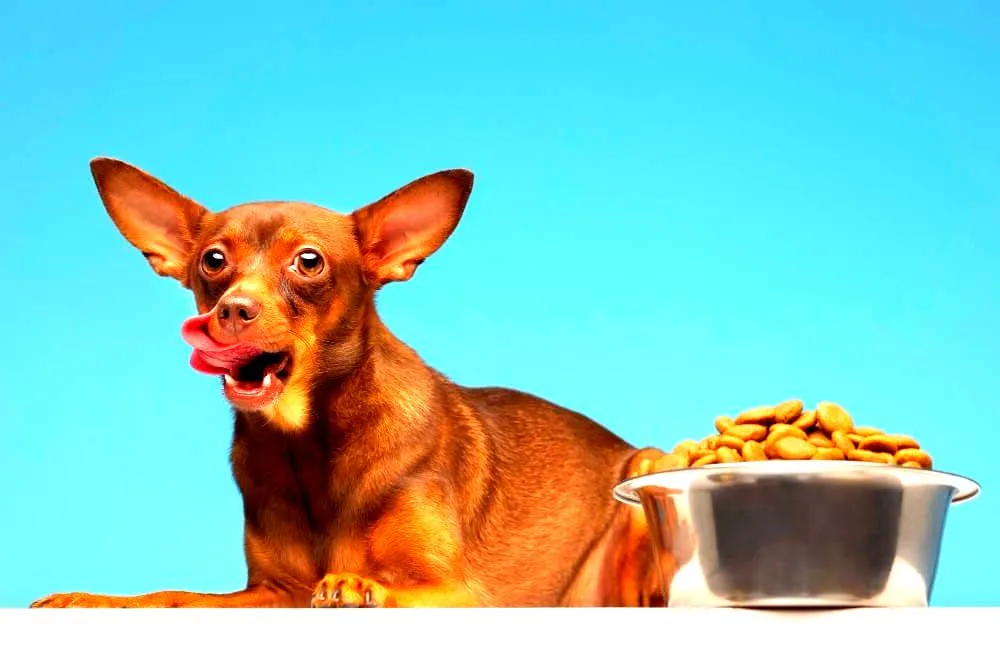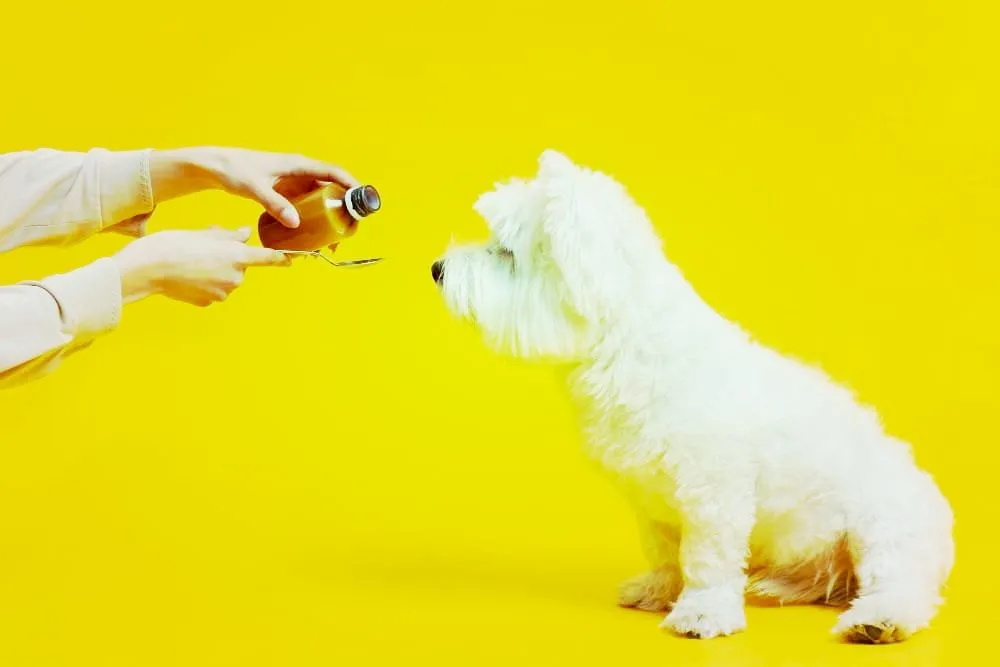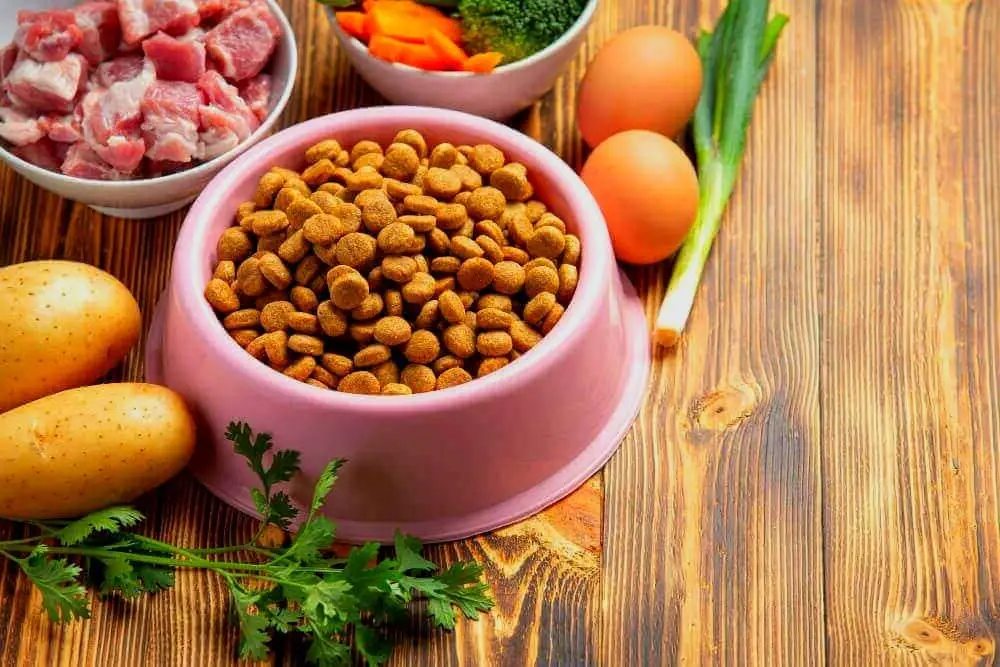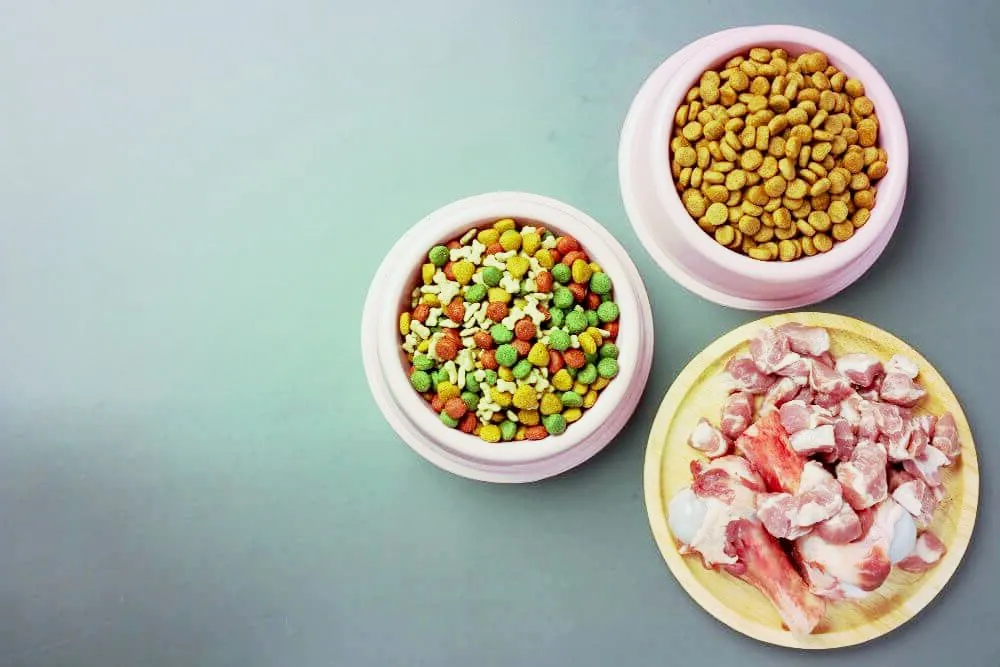
Taurine is an essential amino acid for dogs, crucial for their heart, eyes, and reproductive health. Some dog foods contain added taurine to support these functions.
Taurine for dogs plays a vital role in the overall health of dogs, acting as a building block for proteins that are important for bodily functions.
While many canines can naturally produce taurine from other amino acids, some breeds may be predisposed to taurine deficiency and can benefit from taurine-enriched diets.
This amino acid helps maintain heart muscle function, visual acuity, and reproductive performance. Dog owners should ensure their pets receive a well-balanced diet, potentially supplemented with taurine, especially if they are predisposed to deficiencies or have specific health conditions that could impact taurine production.
Careful consideration of your dog’s nutritional needs can promote a long, healthy, and active life for your furry companion.
What Does Taurine Do?
Taurine plays a crucial role in the overall health of dogs, acting as an essential building block within their bodies.
This amino acid contributes to a multitude of bodily functions, including bolstering cardiac health, supporting eye health, and promoting reproductive capability.
Research indicates that taurine deficiencies in canines can lead to detrimental conditions such as dilated cardiomyopathy, a severe heart disease.
Although many dogs naturally produce enough taurine through metabolic processes, certain breeds may require dietary supplementation to prevent potential health issues.
For dog owners, understanding the importance of taurine is vital for ensuring their furry friends maintain optimal wellness throughout their lives.
Do Dogs Need Taurine?
Taurine, an amino acid found naturally in the body, plays a vital role in heart and eye health among dogs.
While most can synthesize adequate amounts, certain breeds may be more prone to taurine deficiency, leading to concerning health issues such as dilated cardiomyopathy.
Dog owners should understand the importance of taurine and consider dietary sources or supplements, especially for at-risk breeds.
With meat being a primary source, a diet rich in high-quality proteins can generally meet a dog’s taurine needs. Nevertheless, consulting with a veterinarian is essential to assess individual requirements and to determine whether supplementation is necessary for maintaining optimal canine health.
Can Dogs Have A Taurine Deficiency?
Exploring the health of dogs, particularly their nutritional needs, reveals that certain deficiencies could arise from an unbalanced diet.
Taurine, an amino acid vital for cardiac health, vision, and reproduction, must be present in adequate amounts. Dogs, unlike cats, can synthesize taurine from other amino acids, yet, some may still fall short.
This shortfall often emerges in breeds predisposed to taurine deficiency or those fed on grain-based, low-protein diets. Signs like lethargy, panting, and coughing should raise alarms regarding a dog’s taurine levels.
Ensuring a diet rich in meats such as chicken, beef, or fish can help mitigate this risk.
Monitoring and regular veterinary check-ups are fundamental in catching any potential deficiencies early, safeguarding dogs from related health issues.
Which Dogs Are At A Higher Risk Of Taurine Deficiency?
Certain dog breeds are genetically predisposed to taurine deficiency, notably American Cocker Spaniels, Golden Retrievers, and Dalmatians.
These specific breeds often require taurine supplementation to prevent potential health issues. Taurine, an essential amino acid, plays a crucial role in cardiac function, eye health, and reproductive capabilities.
Due to the lack of taurine synthesizing enzymes, some dogs might not be able to produce enough of this critical compound on their own.
Diet also plays a significant role; dogs that consume grain-free or legume-rich dog diets may be at a higher risk for taurine deficiency.
Dog owners should stay vigilant about their pet’s diet and consult with a veterinarian to ensure their furry friends are getting the necessary nutrients, including taurine, to maintain optimal health.
Taurine Deficiency – Symptoms To Look Out For
Understanding the signs of taurine deficiency is crucial for maintaining your dog’s health. A lack of this essential amino acid often manifests through troubling symptoms, such as reduced energy levels and an inability to exercise effectively.
Dogs suffering from taurine deficiency may also show signs of retinal degeneration, which can lead to impaired vision, or more severely, dilated cardiomyopathy, a condition where the heart becomes enlarged and struggles to function properly.
Observing your pet for any unusual changes in behavior, appetite, or physical condition is imperative. Early detection can be the key to preventing long-term health issues and ensuring your furry friend maintains a happy, active life.
Always consult with a veterinarian if you suspect your dog might be exhibiting signs of taurine deficiency.
Managing Taurine Deficiency
Navigating taurine deficiency in dogs requires informed dietary choices and vigilant health monitoring. Often unbeknownst to pet owners, this vital amino acid plays a crucial role in maintaining canine heart health, vision, and reproductive function.
Should a dog’s diet lack sufficient taurine, the repercussions could manifest as dilated cardiomyopathy, a life-threatening condition.
To mitigate this risk, incorporating taurine-rich foods such as animal-based proteins is advised. Additionally, engaging with a veterinarian to assess and possibly integrate a taurine supplement into your dog’s diet is a proactive step.
Timely management of taurine levels can not only reverse certain conditions but also significantly improve the overall well-being of our canine companions.
A Final Word On Taurine For Dogs
To sum up, taurine is a crucial nutrient for canine health. It supports key bodily functions and a healthy heart. Research your dog’s diet to ensure it’s taurine-rich or consider supplements.
Always consult a vet before making changes. Prioritizing taurine intake can lead to a happier, healthier life for your furry friend.

